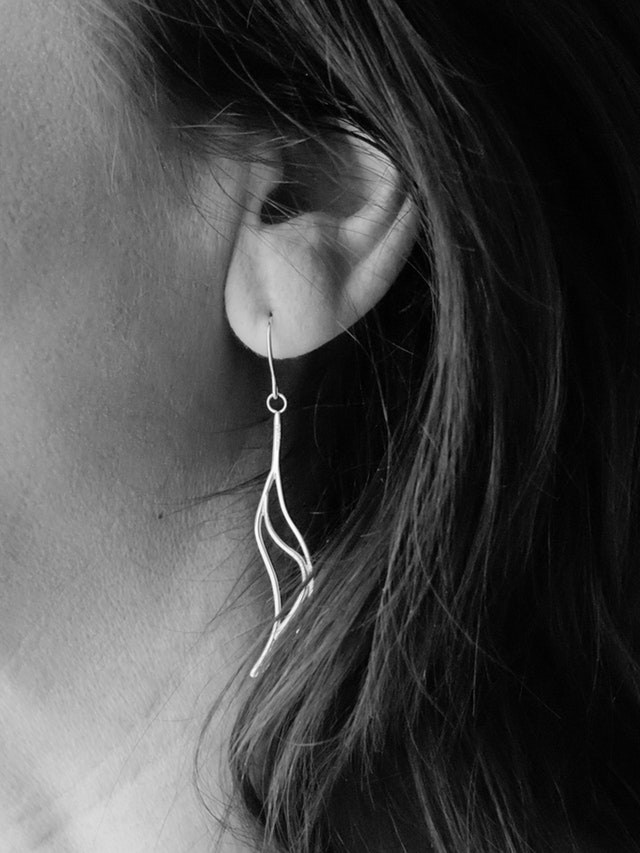When we think of hearing issues, most of us focus on hearing loss or ear infections. Maybe a few long-married couples talk about “selective hearing” when their “honey-do” lists turn into “honey-didn’ts.” The ears are complex structures, however, and there are many conditions that affect them…some you might not even consider.
Problems with the Ears
Around one in five Tucson individuals experiences hearing loss to some degree, but when it comes to ear problems, that’s just the tip of the iceberg. Plenty of Arizonans deal with the following issues:
-
A ringing or other noise in the ears
Tinnitus, most often described as a ringing in the ears, is the perception of sound when none is actually occurring. Others describe sounds such as hissing, buzzing, whistling, roaring, whooshing and clicking. Tinnitus is a symptom of an underlying disease and has many possible causes; age-related hearing loss, noise exposure, earwax, inner ear disorders, head injury, circulatory system disorders and benign tumors known as acoustic neuromas may all cause these phantom sounds. Some drugs can also cause a ringing in the ears. For some it’s an occasional nuisance while others find it a full-fledged distraction. Tinnitus has no cure, but coping strategies such as sound therapy and relaxation exercises can help sufferers find relief.
-
A sudden loss of hearing
Hearing loss generally develops gradually, worsening over a period of years. For some, it happens much more suddenly; acute noise-induced hearing loss may occur following exposure to a loud noise, such as a concert or sporting event, or a gunshot. One or both ears may be affected; the result is environmental sounds that appear muffled. Sudden hearing loss usually dissipates up on its own in a few hours, but continued exposure to loud sounds without hearing protection may eventually lead to permanent hearing loss. Another possible cause is a buildup of earwax or a foreign object in the ear. You may experience pain and a feeling of fullness in the ear if this occurs.
-
Intense response to sound
Misophonia is a rare hearing disorder that causes people to experience an intense emotional response to otherwise ordinary sounds that most of us wouldn’t even notice. Common triggers such as chewing, breathing and tapping can send people into a fit of rage.
-
The sound of your own pulse in your ears
Rhythmic tinnitus is an unusual type of tinnitus that is characterized by the sound of your own pulse or the blood circulating through your arteries; often these sounds appear to keep rhythm with your pulse. It is most noticeable when you’re lying down or pressing your ear against something.
-
Dizziness and vertigo
The vestibular, or balance, system depends on input from the ears, eyes and joints. Any disruption in these signals can cause dizziness or vertigo, a sensation that either you or your environment is spinning. Vertigo that is accompanied by a ringing in the ears is often an indicator of an inner ear disorder called Meniere’s disease.
Any of these symptoms should prompt a visit to an audiologist in Tucson, who can help diagnose your problem and suggest treatment to ease your symptoms.
